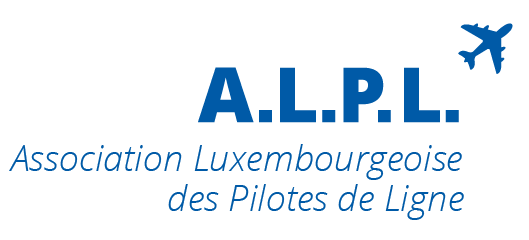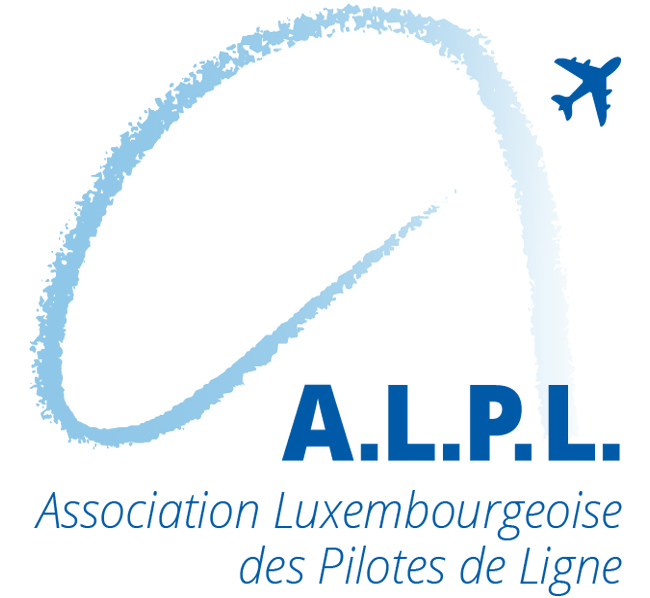Please find below an update concerning:
- Contract Captains
- SwissLife
- Rostering
- Back-to-Back operation and
- FFOD Agreement
Contract Captains
Many of you pointed out the advertisement that surfaced from a contracting agency about “Direct Entry” Captains. On 13 August 2018 the president of the LCGB, Mr. Patrick Dury together with Pilot Representatives attended a meeting with the CEO, EVP Flight Operations and the Chief Pilot.
The discussion was focused on the letter that the LCGB sent to management on 03 July 2018 requesting why Cargolux management is going down this path.
Management stated that they intend to hire 5 of these pilots through an agency and that they will not be employed directly with Cargolux on a time limited contract. It was also mentioned that Cargolux has always relied on Contract Captains and that the amount of these captains today is far less than in the past.
Management continued to state that certain aspects of the operation are difficult to plan and only could be covered by means of hiring such Contract Captains; The mentioned reasons are:
- Long term sickness
- An increased interest in parental leave
- Delegation duties for Pilot Representatives and
- Limited training capacity
At least two of these reasons are not supportable from our point of view. In fact when challenged what the current sick rate was, it was not able to be revealed. Furthermore, the limited training capacity is also caused due to mainly newly hired pilots leaving the company. This turnover has been the highest in the history of Cargolux.
In conclusion, as ALPL we do not support the use of Contract Captains and have made this very clear to management. The situation internally at Cargolux has to be rectified where the attrition of pilots is halted to enable the more than qualified First Officers to be trained as Captains.
We would also like to thank the President of the LCGB, Mr. Patrick Dury for being available to attend this meeting.
Swiss Life
On 31 July 2018 you have received the new regulations concerning the pilot scheme of the SwissLife Supplementary Pension Scheme from Payroll Department.
Whereas at first glance not much seemed to have changed, after carefully reading the document, the ALPL Pension Committee raised serious concerns in regard to the changed wording in the “Benefits in case of disability” part of the scheme, which could have a serious negative impact compared to the old scheme in case a pilot loses his/her medical fitness.
Therefore, we will seek legal advice whether our concerns are justified as well as if such a modification is legitimate since it is to the detriment of the employee. Once we have more information we will pass this on.
Rostering
Most of you certainly do experience the effects of disruptive rostering. With the imminent high season 2018 approaching and still not having enough crews to cover the flights, the impact on fatigue will potentially cause additional delays due to the requirement for you as crew to have additional recovery time.
Therefore, we ask you to carefully assess every FDP in regards to fatigue and once again would like to remind you that every pilot suffering or potentially suffering from fatigue must file a Fatigue Report whether it is reactive or proactive.
Proactive fatigue reports should be written if you advise crew control for the need of additional rest due to delays or changes which are disruptive and may potentially impact your next duty or series of duties. If you need guidance, you can find information on the ALPL website, or send an email to cvboard@alpl.lu.
If you do send a delay request to crewcontrol@cargolux.com, please copy in the station, which you are departing from; e.g. IAH, iahops@cargolux.com and opscrtl@cargolux.com (Dispatch) so they are able to coordinate.
Please use the iQSMS application to submit fatigue reports. When entering the data be as accurate and as complete as possible. You can click here for additional guidance.
Furthermore, according to OM-A Chapter 11, Section 2, it is mandatory to submit an ASR if the fatigue you experienced impacted or could have potentially impacted your ability to perform your flight duties safely.
Back-to-Back Operation
Recently we received several reports of pilots who were scheduled for a Back-to-Back rotation and had issues with the legally required hotel accommodation in Luxembourg.
Either, the Company did not fulfil their obligation to schedule a suitable accommodation in Luxembourg or the room was not ready in time or simply inadequate to obtain sufficient preflight rest due to various issues, such as noise, construction works or lack of air-conditioning.
In cases like this we would like to highlight the ultimate responsibility of the individual crew member to report for a flight duty sufficiently rested. Should there be any doubt about your level of alertness due to an insufficient rest period before, it is your obligation to request as much as additional rest you need to accept the next flight duty.
Unfortunately the burden -once again- lies with the individual pilot. If there is any need for help how to proceed in such cases, you are welcome to contact us for advice. Please also make yourselves familiar with ALPL’s guidelines on the use of Back-to-Back operations to assist in lessening the disruptive nature of our current operation.
FFOD Agreement
One element to improve the roster stability is the FFOD agreement that was signed and ratified by the Unions and Cargolux Management in April 2018. We would like to remind you to check your rosters from period 1 until period 10 whether you have received the correct number of FFOD blocks as foreseen in the agreement. Please click here to check your entitlement as per the FFOD agreement.




